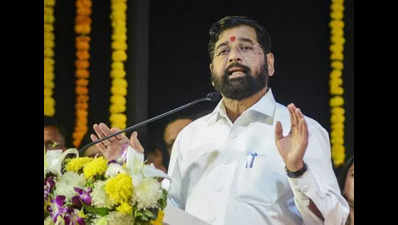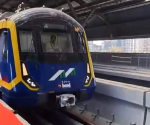Number of agencies for MSP purchase up 6-fold despite freeze – The Times of India

Mumbai: In Dec 2022, when deputy chief minister Eknath Shinde occupied the chief minister’s chair, the Mahayuti govt issued a directive stating that only eight state-level nodal agencies (SLAs) already appointed by the govt would be allowed to procure foodgrains and oilseeds at the minimum support price (MSP) in the state.
The reason given in the directive was significant. It said the govt received many proposals from federations of farmer producer companies aspiring to be SLAs but lacked both knowledge about procurement and facilities for it.
The directive stated: “There is significant political pressure being exerted to appoint these agencies as SLAs.”
Despite the freeze on new appointments, the number of SLAs rose over the next two years and currently it stands at 46. This is higher than other states. The Centre’s NAFED pointed out that UP has only two to four SLAs, said sources.
There were reports of major irregularities in their functioning, a key reason why the Mahayuti govt under chief minister Devendra Fadnavis issued a new directive on Feb 17 to set up a committee to formulate a comprehensive policy for SLA appointment.
This directive is being seen as another instance of Fadnavis undermining Shinde, whose party held the marketing portfolio between 2022 and Oct 2024.
The new directive red-flagged illegalities in the functioning of the SLAs. It stated there were reports that the SLAs were “demanding money from farmer producer companies which wanted to set up procurement centres and withholding compensation from the Centre”. Also, SLAs were making illegal deductions of permission fees at procurement centres. Some SLAs included more than one member from the same family on their board of directors.
State marketing minister Jaykumar Rawal from the BJP said that the govt decided to set up a committee to formulate a policy on the appointment of SLAs since the numbers rose to around 46 and there were another 25 applications. “This is not a decision caused by political one-upmanship. The number of SLAs rose after procurement was decentralised. Also, there were reports of irregularities. NAFED also pointed out that Maharashtra has more SLAs than other states,” Rawal said.
He said that there was need for a transparent policy governing the appointment of SLAs based on certain criteria. “Only SLAs that fulfil the criteria will be allowed,” he said.
















